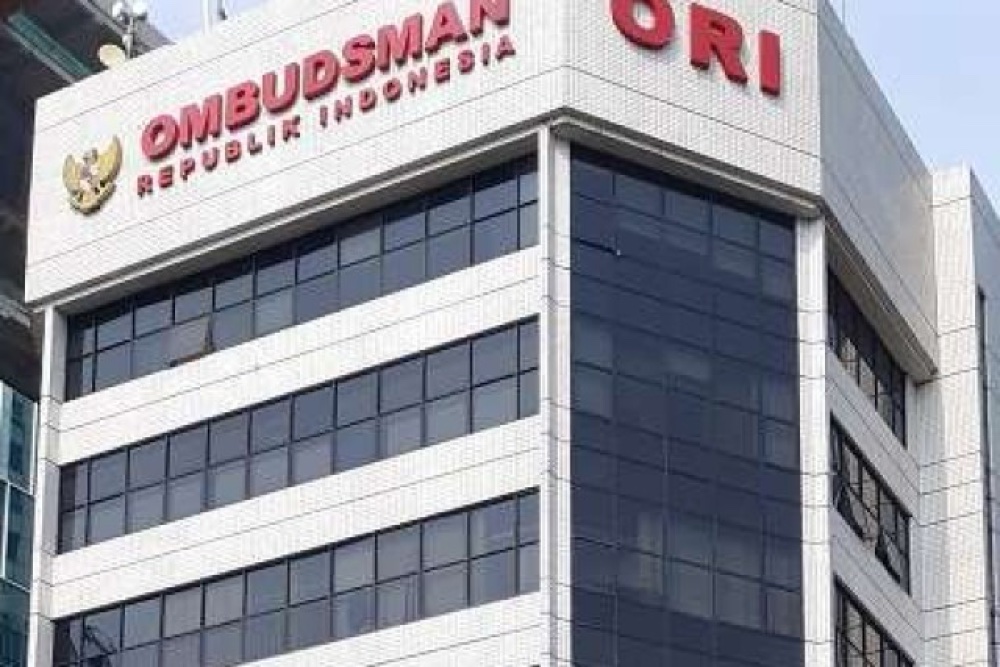
The Shiro Copr, JAKARTA - From 9-29 July 2025, the selection committee for candidates of the Indonesian Ombudsman Republic (ORI) formed by the Ministry of State Secretariat called on Indonesian citizens who are interested in registering as Candidates for ORI Members for the Term 2026-2031.
The ORI institution plays a role in ensuring quality and fair public services for the community. ORI was established through Law No. 37 of 2008 during the presidency of Susilo Bambang Yudhoyono (SBY). Meanwhile, the birth of ORI occurred during the presidency of Abdurrahman Wahid (Gus Dur) in 2000 under the name National Ombudsman Commission (KON). Now, in the era of President Prabowo Subianto, it is time to contextualize the role of ORI in a more progressive manner.
So far, ORI has been actively receiving reports and examining alleged administrative misconduct in public services across various fields. In this context, administrative misconduct refers to behaviors or actions in the implementation of public services that violate laws, ethics, or procedures, including negligence and abuse of authority by officials and bureaucratic apparatus. Many cases have been handled by ORI.
The main tasks and functions of ORI are supervising the implementation of public services and receiving reports of suspected administrative misconduct. ORI usually conducts examination of reports, investigations, coordination with various parties, as well as efforts to prevent administrative misconduct.
This is possible due to ORI's authority to request statements, examine documents, and provide recommendations regarding incoming reports. Thanks to ORI, the people receive better public services in various fields of life.
Anyone who serves as a member of ORI should have the motivation to carry out ORI's tasks and functions better. Making ORI an institution that is credible in overseeing maladministration practices in public services. It is necessary to contextualize and optimize ORI's role in improving governance so that it has a more significant impact on achieving a sense of justice and general welfare.
It is in line with the function of ORI to supervise the implementation of public services carried out by State Agencies and government at the central and regional levels, including those implemented by state-owned enterprises (BUMN), regional state-owned enterprises (BUMD), and state-owned institutions (BHMN) as well as private entities or individuals entrusted with specific public services. Synergy between the central and regional levels is a prerequisite.
The strategic function of ORI is to supervise the implementation of public services, facilitate dispute resolution, provide recommendations to relevant agencies for improvement, and prevent maladministration in public services.
Because ORI is an independent state institution and does not have an organic relationship with other state institutions and government agencies, in carrying out its duties and authorities, ORI is free from interference by power. ORI must be a flexible institution.
NEEDS SYNERGY
The idea and strategic steps of contextualizing ORI's role is to make ORI's work agenda related to the current national government's strategic agendas. ORI's performance needs to be synergistic with the structure of the Ministry/Institution of the government. The work culture must be more innovative and adaptive to become more effective and productive. Therefore, the main role of ORI should be to improve the governance of government in public services and serve the basic needs of the broader community.
For example, the strategic role of ORI in handling community complaints related to land/land issues and natural resource management. The experience of the Presidential Office (2016-2024) in monitoring public service and governance affairs in this field together with ORI was quite intensive. At that time, the Agrarian and Village Affairs sectors were the priority agenda of the President, placing agrarian conflicts and village fund disputes as the focus of attention of KSP-ORI.
In front, the new role of ORI must be connected with the supervision of government performance within the framework of Asta Cita. President Prabowo Subianto and Vice President Gibran Rakabuming Raka have set eight main missions or Asta Cita as the basis to achieve the vision "Together Towards Golden Indonesia 2045". According to Law No. 37 of 2008 (Article 7), it happens that ORI also has eight tasks which in general must be embraced by the future Candidates of ORI members.
Specifically, the issues of natural resource management reform, poverty alleviation, cooperative/UMK development, improvement of children's nutrition quality, and food security development need to be a priority for ORI's supervision. Issues and fields of education, health, religion, population, gender and children, as well as public services in general remain relevant for ORI.
All these issues are crucial and closely related to ORI's task in supervising the implementation of public services to prevent and handle mal-administration. Contextualizing the role of ORI aims to improve public services to be more quality and fair.
Comments
Post a Comment